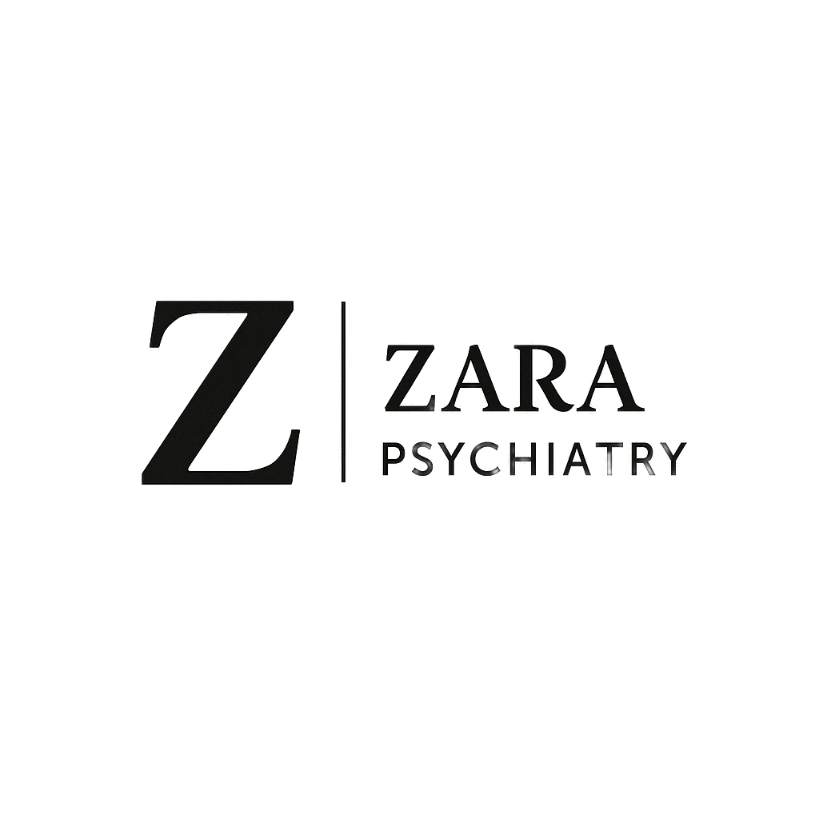Our services.
-
ADHD Evaluation & Treatment
ADHD is a common and treatable condition that can impact focus, behavior, and emotional well-being—especially in children. If your child struggles to concentrate, seems easily distracted, or has trouble in school, they may be showing signs of ADHD. We offer professional evaluations and personalized treatment plans to help children and families manage symptoms and thrive.
-
Anxiety Disorders
Anxiety is the most common mental health condition and often plays a central role in other disorders like OCD, bipolar disorder, and panic disorders. It involves persistent feelings of worry, fear, or unease—often about uncertain outcomes. Anxiety can contribute to stress, depression, and even physical symptoms like weight changes. If you're experiencing anxiety, seeking help is the first step toward relief and healing. We offer compassionate, evidence-based care to help you manage anxiety and regain control.
-
Bipolar Disorder Treatment
Bipolar disorder—formerly known as manic depression—is a lifelong mental health condition marked by intense mood swings, from emotional lows (depression) to highs (mania or hypomania). These shifts can vary in frequency and intensity. While the exact cause is unknown, genetics and environmental factors are believed to play a key role. With the right treatment plan, symptoms can be effectively managed, allowing for a stable and fulfilling life.
-
Depression Treatment
Depression is a common mental health disorder marked by persistent sadness, loss of interest, and emotional numbness. It can be triggered by trauma, loss, or life changes, and while not directly genetic, chemical imbalances may increase susceptibility. The good news is that depression is highly treatable. If you or someone you know is struggling, early intervention can make a significant difference. We're here to help with compassionate, evidence-based care.
-
OCD Treatment
Obsessive-Compulsive Disorder (OCD) is a common anxiety disorder characterized by intrusive thoughts and repetitive behaviors used to manage distress. Symptoms may include compulsive cleaning, ordering, counting, or disturbing thoughts that increase anxiety. While the exact cause is unknown, OCD is believed to stem from a mix of genetic, neurological, and environmental factors. Treatment plans are personalized based on symptom severity and can help individuals regain control and reduce distressing patterns.
-
Panic Disorder Treatment
Panic disorder involves sudden, repeated episodes of intense fear—often without a clear cause. These panic attacks can include symptoms like sweating, dizziness, numbness, chest tightness, and shortness of breath. The condition often begins in adolescence or early adulthood and may run in families. Although distressing, panic disorder is highly treatable. If you're experiencing these symptoms, seeking professional help is an important step toward lasting relief.
-
PTSD Treatment
Post-Traumatic Stress Disorder (PTSD) can develop after experiencing or witnessing a traumatic event, such as military combat, a serious accident, abuse, or violent crime. While it's normal to feel distress after trauma, PTSD occurs when those feelings persist, often showing up as flashbacks, nightmares, or heightened anxiety. If you're struggling to move past a traumatic event, you're not alone—and effective treatment is available. We offer compassionate, evidence-based care to support your healing and recovery.
-
Psychosis Treatment
Psychosis is a serious mental health condition where a person loses touch with reality, often experiencing impaired thoughts and emotions. It typically develops in late adolescence or adulthood and is rare in children. While symptoms can be severe and life-changing, effective treatments are available to help manage and improve quality of life. Early intervention is key to better outcomes.
